Ecology and Evolution Series: Threatened species
- Date: Fri, 6 Mar, 3:00 pm - Fri, 29 May 2020, 4:00 pm
- Location: Online
- Cost: FREE
- Contact: Dr Jasmin Packer 8313 5576
- Email: j.packer@adelaide.edu.au
Our Series 2, Autumn 2020, builds on our summer Ecology and Evolution Series to discover how we can better protect our most threatened species as they adapt to our changing environments.
Curious. Cutting-edge. Community.

Series image: Kangaroo Island sea lions courtesy of Sputnik
The United Nation’s recent IPBES Global Assessment warns we’re hurtling towards the mass extinction of over a million species. Inspired by the report’s call for transformative change to halt destruction of the world’s web of life, and the impact on our wellbeing, we’re focusing on our most threatened species.
We’d love you to join us as we explore what we’ve recently discovered that may help other threatened species, what we still need to know, and how to build transformative teams to halt the extinction of our most threatened fauna, flora, and fungi.
Series dates
Friday March 6
Threatened species: on land
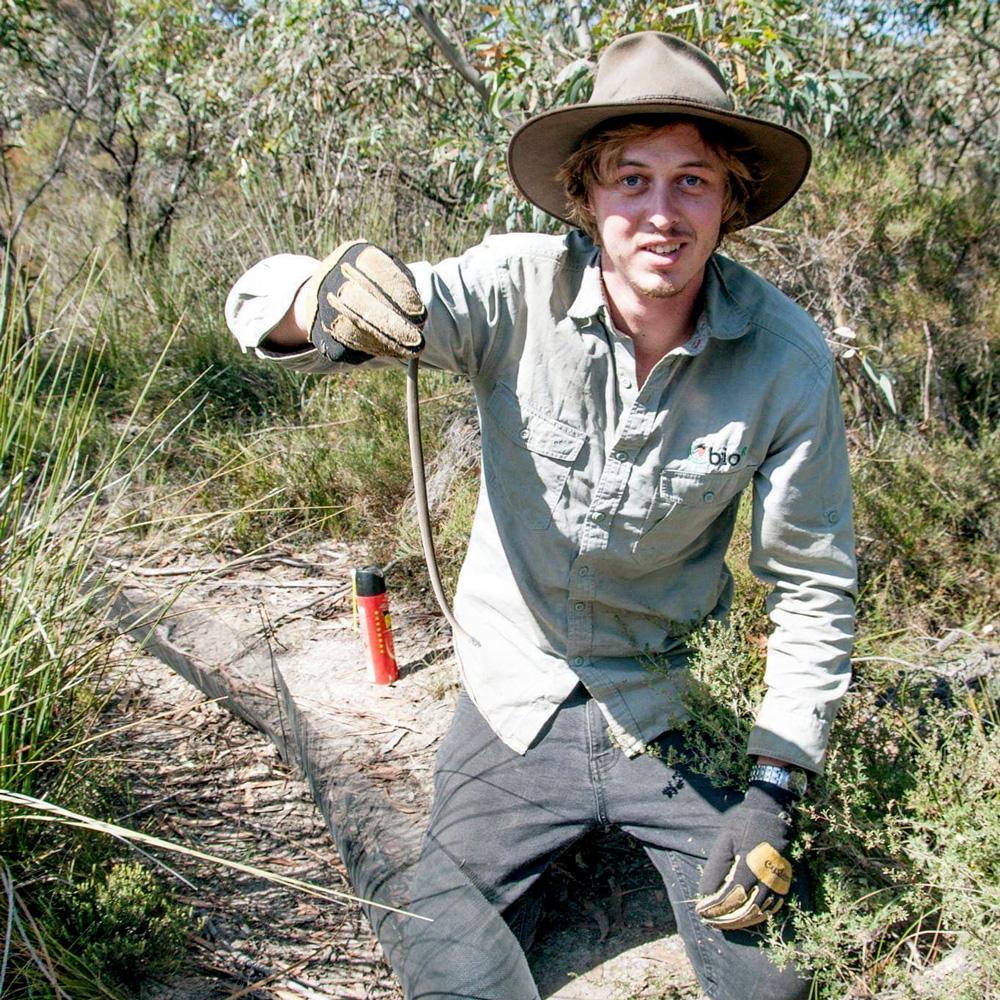
James Trezise
PhD candidate - School of Biological Sciences; and Landscape Ecologist - Department for Environment and Water.
James will be sharing his PhD research on threatened flora and fire, in particular seed dormancy, succession and prescribing fire to enhance biodiversity. His presentation is titled, 'Fire can be used as a tool in long unburnt vegetation to enhance biodiversity'.
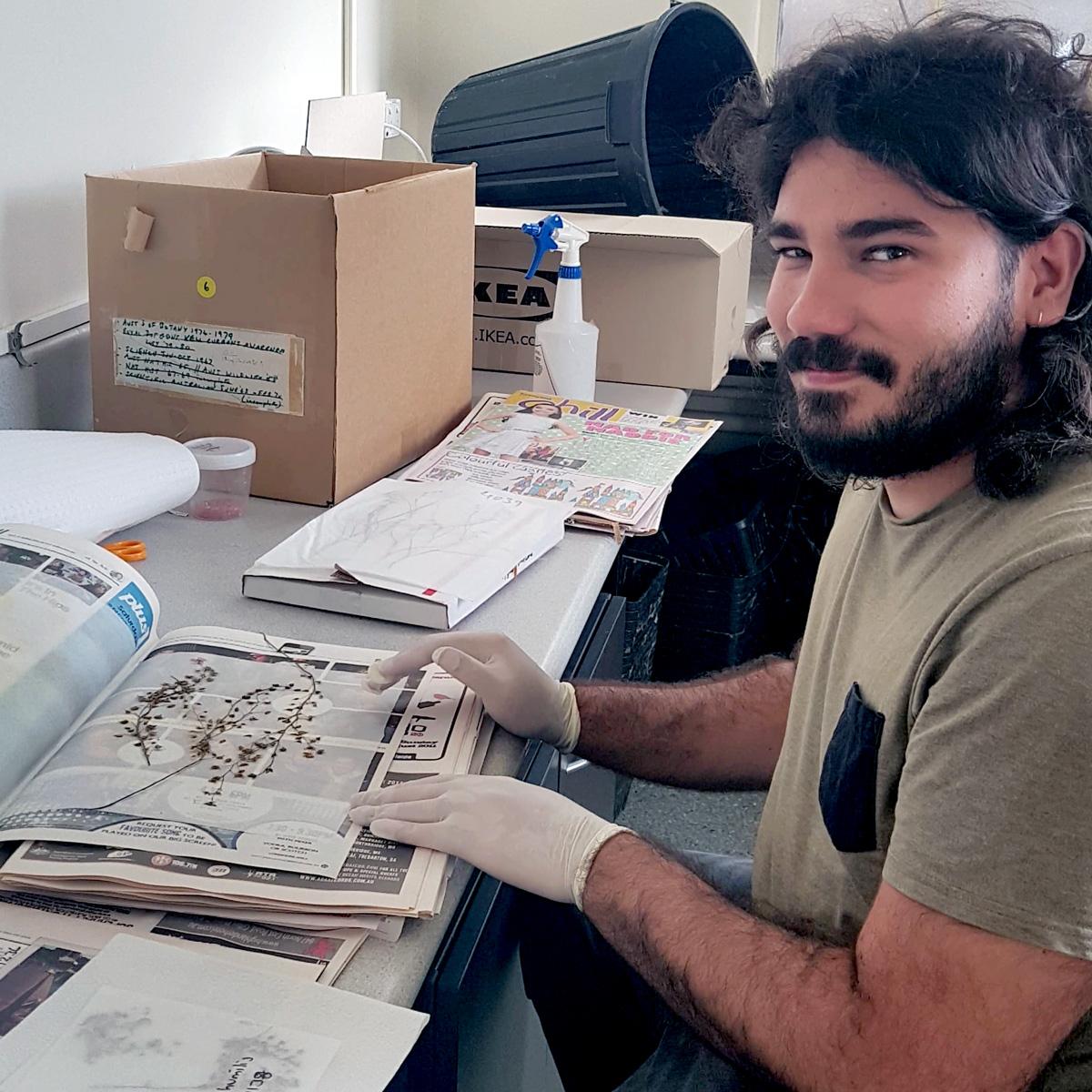
Luis Williamson
PhD candidate - School of Biological Sciences
Supervisor: Prof Michelle Waycott
Luis will share how he discovered poorly understood insects Setocoris are somehow immune to the trapping glands on carnivorous plants (Drosera spp.) and, surprisingly, are common on almost every Drosera species in South Australia! This is his introductory PhD seminar titled: Coevolution of sundews and sundew bugs.
Friday March 13
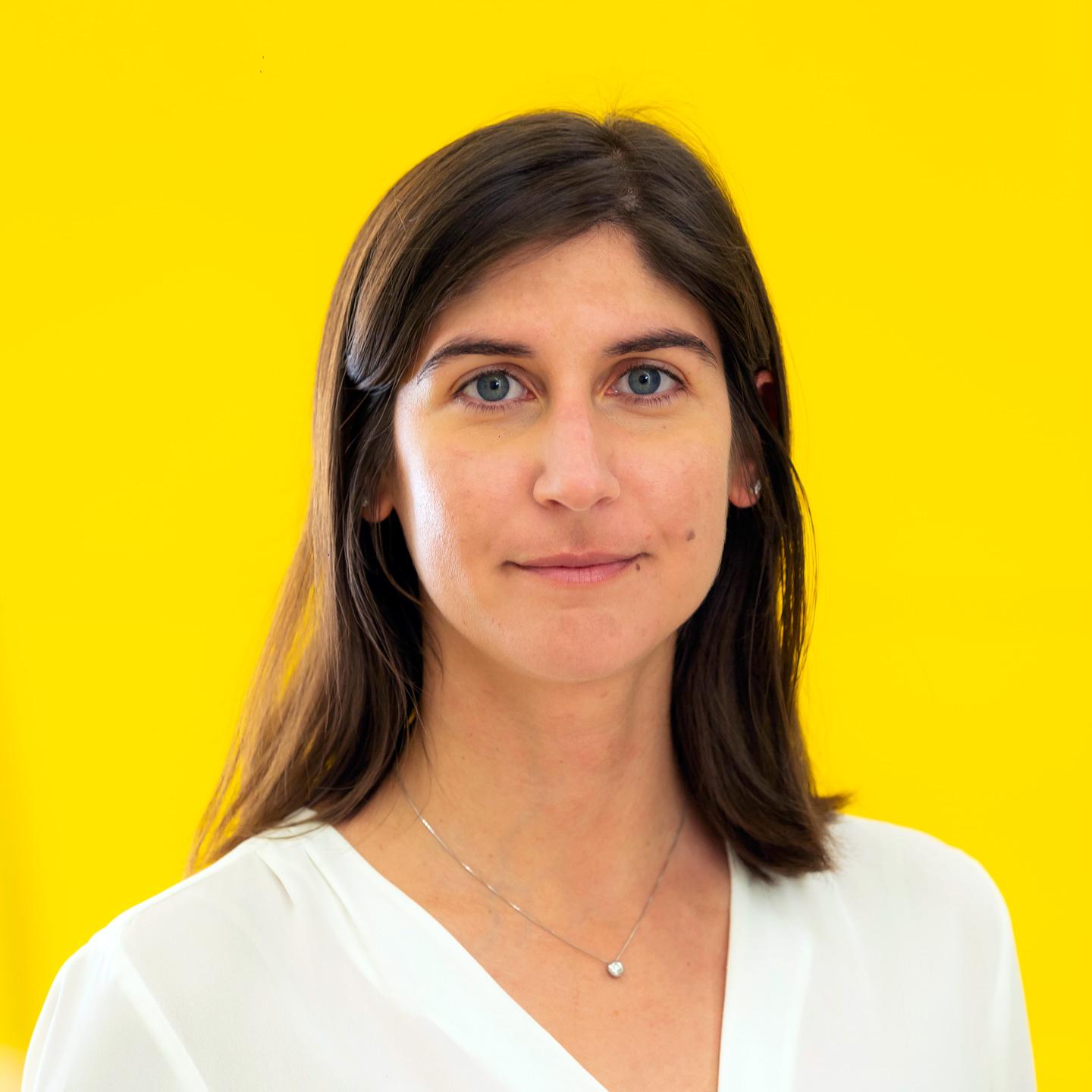
Giulia Ghedini
ARC DECRA research fellow - School of Biological Sciences, Monash University
(PhD graduate in marine ecology supervised by Prof Sean Connell)
Following her PhD in marine ecology studying the ecological mechanisms that mediate community stability, Giulia’s research has evolved to how competition modifies individual resource use in populations and communities and how competition changes energy fluxes in communities, altering their stability and function.
Friday March 20
Postponed
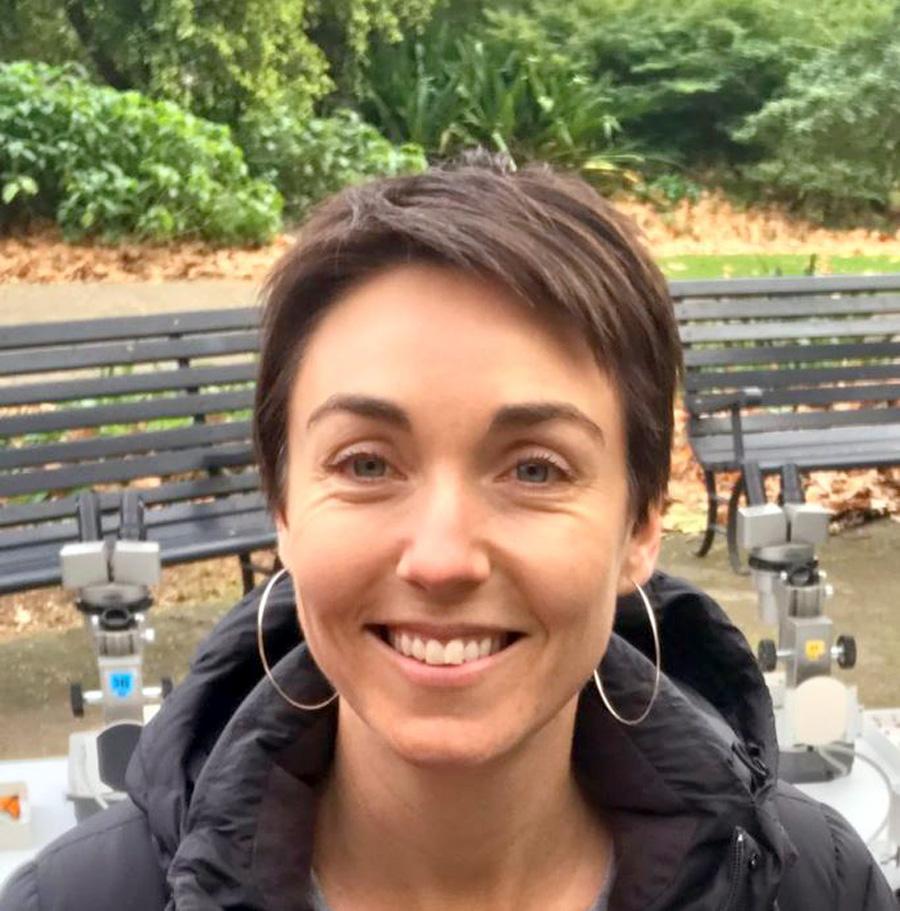
Alana Delaine
PhD candidate - School of Biological Sciences
Supervisors: Prof Andy Austin, Dr Gary Taylor, Dr Juanita Rodriguez
Passionate about tiny insects, and always up for a challenge, Alana’s current research examines the taxonomy and systematics of a drastically understudied and unresolved genus of wasps which are the primary parasitoids of psyllids (lerps, another beautiful group of tiny insects). This is Alana’s introductory PhD seminar: Psyllaephagus, an important but problematic genus of Encyrtid wasps.
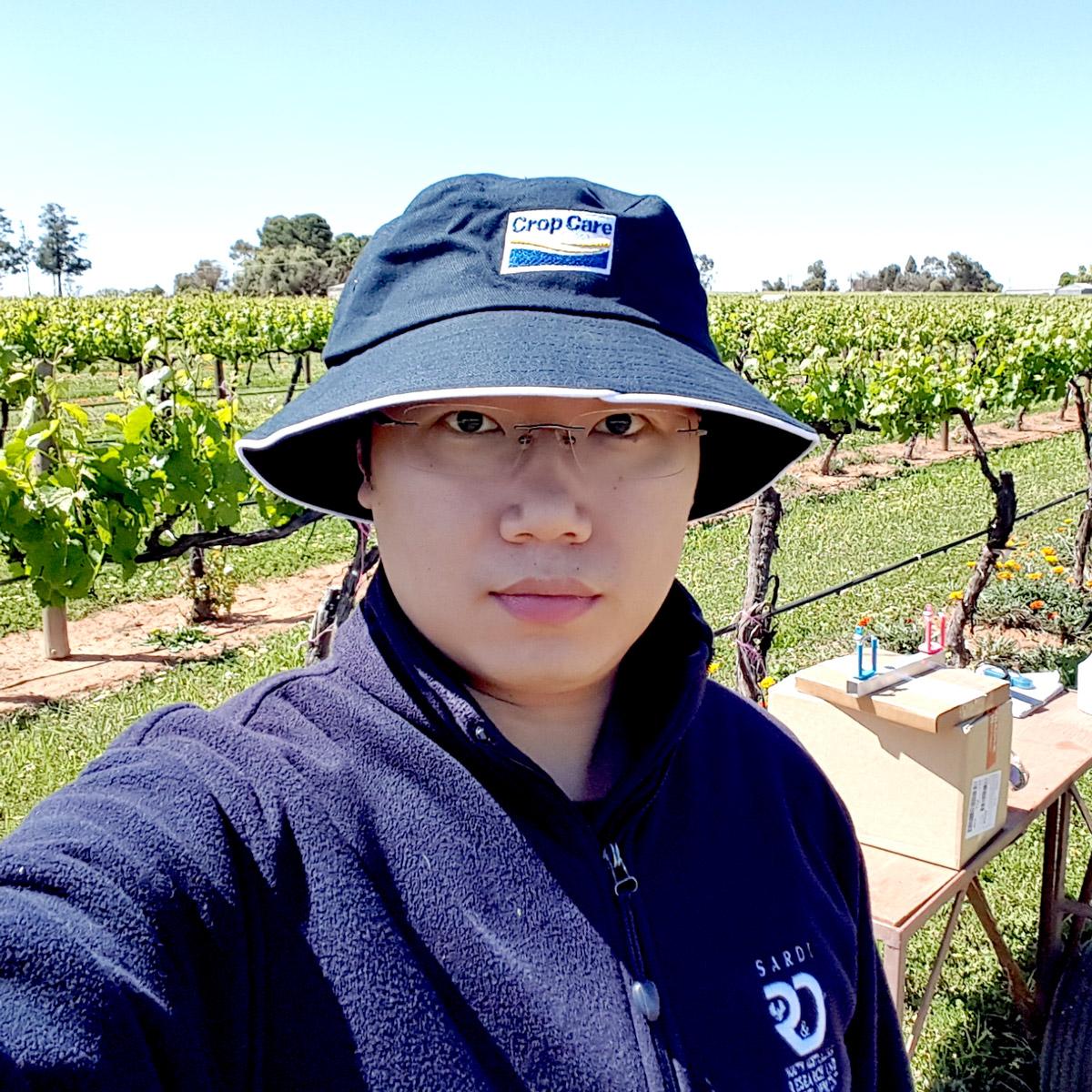
Yeniu (Mickey) Wang
PhD candidate - School of Biological Sciences
Supervisor: A/Prof Bertram Ostendorf
With an interest in using new technology for agriculture production, Mickey’s research aims to use low altitude remote sensing with hyperspectral technology to quickly detect viral diseases, and predict the spread of disease at vineyard scale. This is Mickey’s introductory PhD seminar.
Friday March 27
Postponed

Emeritus Professor Roger Seymour
Professor Seymour will share his invited plenary from the 2019 Australian and New Zealand Society of Comparative Physiology and Biochemistry meeting, in Perth, titled, ‘The holes in the fossil record: how foramina in fossil bones gauge blood flow rate and metabolic intensity of archosaurs and human ancestors’.
Friday May 1

Diego Guevara
Diego is a Peruvian biologist from La Molina Agrarian University with a Masters in Applied Ecology from University of East Anglia, UK.
Diego’s PhD in the Terrestrial Plant Ecology Lab at the University of Adelaide, is studying the management, remote sensing monitoring and restoration of native temperate grasses of South Australia. His research is specifically investigating 'the influence of rainfall variations and soil microbial community manipulation on native and invasive species of Mediterranean-type grasslands of South Australia'.
Watch Diego's seminar
About the seminar series
The School of Biological Sciences' Department of Ecology and Evolutionary Biology hold free weekly science seminars consisting of punchy presentations by students and experts, followed by panel discussions on some of our world’s most pressing problems.
